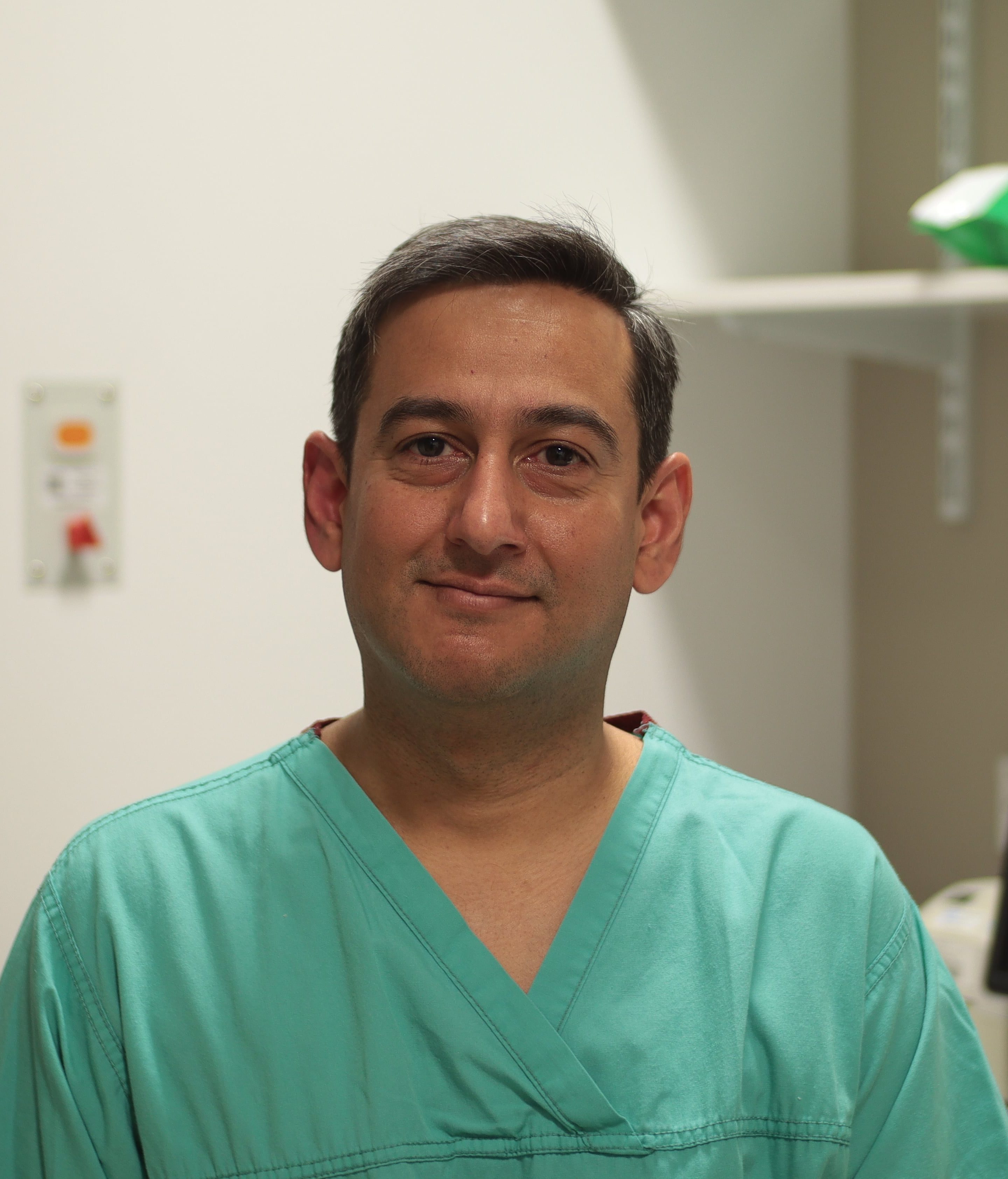Smoking and the heart
Find out the impact of smoking on the heart and how to get help to quit.

Smoking is extremely harmful to your heart and seriously increases your risk of developing heart and circulatory diseases.
Conditions affecting the heart or circulatory system are referred to as Cardiovascular disease (CVD). These include coronary heart disease (angina and heart attacks), cerebrovascular disease (embolism, aneurysms, and stroke), heart valve disease, congenital heart disease and peripheral arterial disease.
Smoking affects your heart because the chemicals found in cigarettes damage the lining of your arteries which makes the walls of your arteries sticky and causes fatty material to stick to the walls. This reduces blood flow within the blood vessels – making it harder for your heart to pump blood around the body and increasing your likelihood of suffering a heart attack or stroke.
Smoking also raises the risk of blood clots and can cause type 2 diabetes.
Read on to learn more about how smoking affects the heart and how you can access free support to quit smoking and keep your heart healthy.
What are the effects of smoking on the heart?
Someone dies from heart disease every three minutes in the UK and one in eight deaths from heart disease are caused by smoking.
The chemicals in cigarettes produce plaque that sticks to the walls of your blood vessels and damages the lining of your arteries
Continuing to smoke means you are at an increased risk of a heart attack if your coronary arteries that carry blood to the heart become clogged. If the arteries that carry blood to your brain become blocked, it can lead to a stroke.
Smoking is also proven to increase your risk of blood clots while reducing the level of oxygen delivered around your body and causing a spike in your heart rate and heart pressure.
Breathing in secondhand smoke can also increase your risk of developing heart and other cardiovascular diseases.
Quitting smoking will improve your heart health
As well as long-term benefits to your heart health, there are many short-term effects that you will experience as soon as you stop smoking.
In the first few days:
- After just 20 minutes, your heart rate and blood pressure will return to normal.
- Your body has flushed the carbon monoxide (a poisonous gas found in tobacco smoke) from your body. Your blood levels will return to normal, and your oxygen levels have increased.
- Your blood circulation has improved, and you will have reduced your risk of heart disease as blood is able to travel more easily around the body.
A few months after quitting smoking:
- You will have fewer coughing bouts, your shortness of breath will have lessened, and you will find it easier to exercise due to increased blood flow.
- You could have saved nearly £1000. Check out our Stop Smoking Calculator to see how much you could save.
What happens to my smoker’s heart a year after quitting smoking?
- Your risk of coronary heart disease will have decreased by 50%.
- Your likelihood of suffering a stroke has dropped by half.
- If you’re in your 30s you will add 10 years to your life. If you’re in your 60s you will add 3 years to your life.
You can find out more about the benefits of quitting smoking here.
Why does smoking increase my heart rate?
When you smoke, you inhale carbon monoxide – a poisonous gas found in tobacco smoke. Carbon monoxide reduces your blood’s ability to carry oxygen around the body, by taking the place of oxygen in the red blood cells.
This means your heart receives less oxygen to pump around the body and the heart must work harder to supply that oxygen – meaning your heart rate increases when you smoke.
Does smoking increase blood pressure?
Yes. Each cigarette you smoke causes a temporary rise in blood pressure.
Scientific studies have found that smoking causes blood vessels to constrict or narrow making it harder to pump blood and oxygen around your body. This leads to higher blood pressure, causing a reduction in blood supply to the heart which can lead to a heart attack or stroke.
When you stop smoking your heart rate and blood pressure can return to normal levels within 20 minutes
What is the impact of smoking on the heart?
Consultant vascular surgeon Mr Paritosh Sharma explains some of the impacts of smoking.

I smoke and have heart problems
If you already have problems with your heart, the best thing you can do is try to quit smoking.
There is no safe or healthy level of smoking and it is one of the leading causes of cardiovascular disease.
Giving up smoking significantly reduces the risk of developing cardiovascular diseases including heart attack and stroke and is particularly important for those who have other risk factors such as high blood pressure, raised blood cholesterol levels, diabetes, obesity, or are physically inactive.
You are 3x more likely to successfully stop smoking when you combine stop smoking aids such as NRT (Nicotine Replacement Therapy) or a vape with behavioural support (counselling and advice) offered by a stop smoking service.
The majority of stop smoking services in London also provide free medication and treatment plans. Find your local stop smoking service here.
Chris was a smoker and had chest pain
Chris smoked for 17 years before quitting. He had surgery to fit a stent due to a blocked artery – now he’s urging anyone still smoking to quit. Get help to quit with Stop Smoking London.




